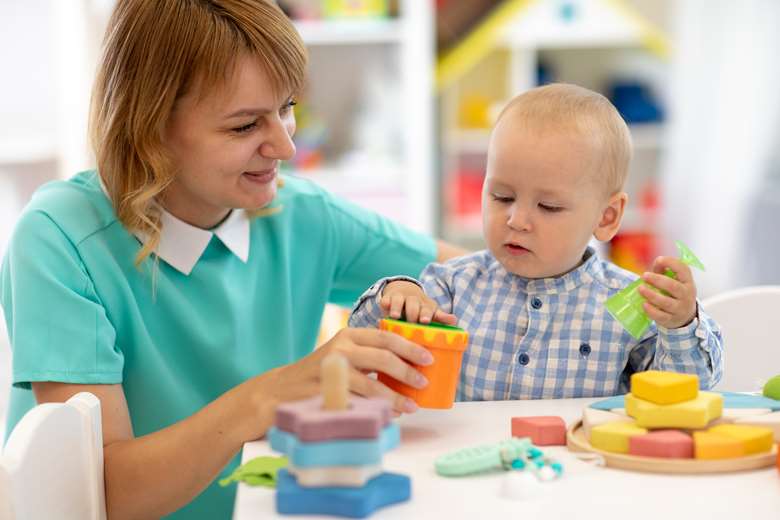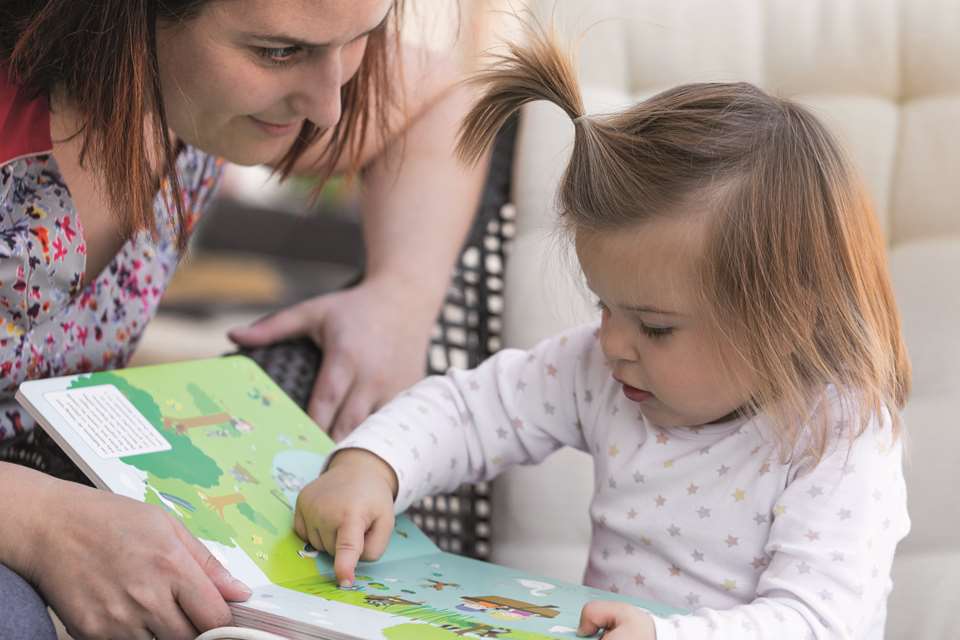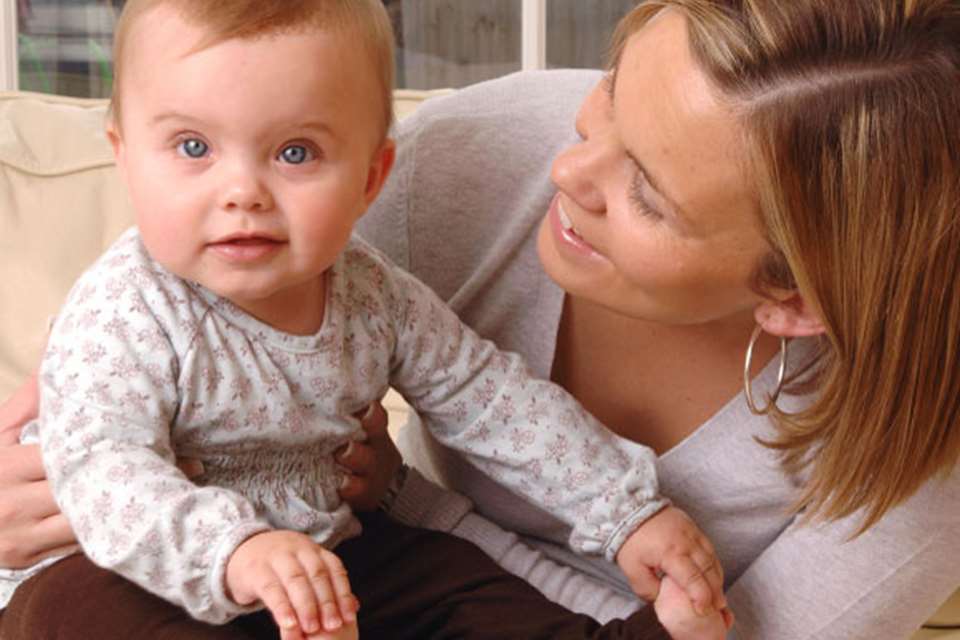Coronavirus: One in five childminders not eligible for Government help
Catherine Gaunt
Friday, May 1, 2020

Thousands of childminders are unlikely to be eligible for Government support for the self-employed, according to a new survey by the Professional Association for Childcare and Early Years (PACEY).
Around one in five respondents are new childminders who will not be covered by the scheme.
Nearly 5,000 childminders took part in the survey.
The findings show that 40 per cent of childminders that responded are not confident that their business will be able to survive Covid-19.
While most of those surveyed believe they are eligible for some government support, over a third have also received PAYE income, so may not benefit if their self-employment forms less than 50 per cent of income.
The survey also found that many childminders have sought extra financial support to help them through the crisis, including universal credit (27 per cent), mortgage holiday (26 per cent), borrowing from family and friends (28 per cent) and cutting back on personal spending (75 per cent).
Claire from Sheffield is a single parent and has been a childminder for six years. She said, 'My childminding business was going really well, but it has been devastated by the coronavirus.
'Now I just have a few children, including children of nurses who work in an ICU Covid-ward in hospital. I am a single mum and my daughter has asthma so I am really worried about the risk to her health, but financially I have no choice. I am already on tax credits so not eligible for universal credit. I’m just scraping by through the next few months, but really worried about the future.'
Another childminder, Louise from Lincolnshire, a former primary school teacher, said, 'I am not eligible for financial support and am in a desperate financial situation. I love being a childminder – it’s the best job in the world and I believe I bring such a lot to it through many years teaching experience. But if something doesn’t turn around by September I am going to be forced out of the sector and will need to find another job to ensure we stay afloat financially.'
Survey findings
The online survey ran between 16 - 23 April and received 4,755 childminder responses, with 91 per cent of respondents from England and 9 per cent Wales. Most childminders (77 per cent) worked on their own, with nearly all (96 per cent) registered as sole traders.
- 75 per cent of childminders made under £10,000 profit over the last three years.
- 21 per cent made under £5,000 profit, so are likely to get just £83 a week under the current government scheme to help cover their loss of earnings over three months.
- 18 per cent of survey respondents are newer childminders, who have paid on average £1,000 (in England) for the required training, registration and set up costs to become a childminder will receive nothing, equivalent to to around 4,000 childminders, based on Ofsted registrations over the past three years.
Liz Bayram, chief Executive of PACEY, said that childminders were among the ‘unsung heroes of the coronavirus pandemic’ with over half of them open to provide childcare to vulnerable children and children of key workers, providing care in their own home despite the risk to their own families.
But she said, ‘Our survey paints a bleak picture of a profession of low-paid dedicated practitioners, mainly women, struggling to balance their work with other family caring responsibilities.
‘These women don’t make profits, they survive on low-incomes that just cover their living costs. Whatever they have left over they plough back into their setting to ensure it provides children with the high quality experiences they are proud of delivering as early years practitioners.
‘Many are struggling to pay bills now and having to wait until June to find out if they even qualify for Government support is an added strain. Worryingly, at least one in five childminders are likely to get no financial support from this Government scheme; one in five only made a total profit of less than £5,000 over three years and over a third of childminders say they either won’t open once the outbreak is over or don’t know what they’ll do. This is a wake-up call for anyone planning to rely on childcare to be able to return to work or study.’
Childminders and other early years and childcare providers ‘will play a critical role in supporting the UK to get back to work,' Ms Bayram added. 'More needs to be done to ensure childminding still provides the 250,000 high quality and flexible places that families across the country need.’
PACEY is calling on the Government to:
- provide a government grant for those not eligible or receiving very
low levels of Government support, such as the newly registered and those on very low incomes, to help them to stay afloat and prevent the closure of childminder settings - reinstate its start-up grants for newly registered childminders so they are given the funding they need to set up their business.
- provide further support and training to enable childminders to develop sustainable businesses for the future and continue to provide the essential flexible and high quality childcare service that families and children need.
Tulip Siddiq MP, Labour’s shadow minister for children and early years, said, 'This worrying survey is further evidence that the childcare sector is on the brink of collapse. Thousands of nurseries and childminding businesses fear they will not survive this crisis, and hundreds of thousands of childcare places could be lost forever unless the Government steps in with a proper funding plan for early years.'
A Department for Education spokesperson said, 'Nurseries, childminders and all other early years settings are playing a vital role in the response to coronavirus, by supporting critical workers and parents of vulnerable children with continued childcare.
'Childminders themselves have a unique role, providing high quality care in their own homes – care that is often extremely flexible. We have provided continuity in funding for the free childcare entitlements, and we have put in place a significant package of financial support for providers – this includes the Coronavirus Job Retention Scheme, which providers can access for employees whose salary is not covered by public funding. This principle applies universally across all sectors.'
CASE STUDY
Jody Cliffe, Chepstow, Monmouthshire, former teacher
'We are in a dire financial situation. Before becoming a childminder I was a maths and IT teacher at a comprehensive for many years and also worked in an office for a construction firm.
'Either of those jobs would have provided more support for me during this pandemic – I feel I have nothing to rely on.
'I really want to reopen – I am passionate about childcare and early years education and want to build a thriving business but don’t know what we’ll do. I am really going to struggle to keep myself and my family going over the coming months. We are really worried that we might lose our home if we cannot find a way through and need urgent financial assistance.'









